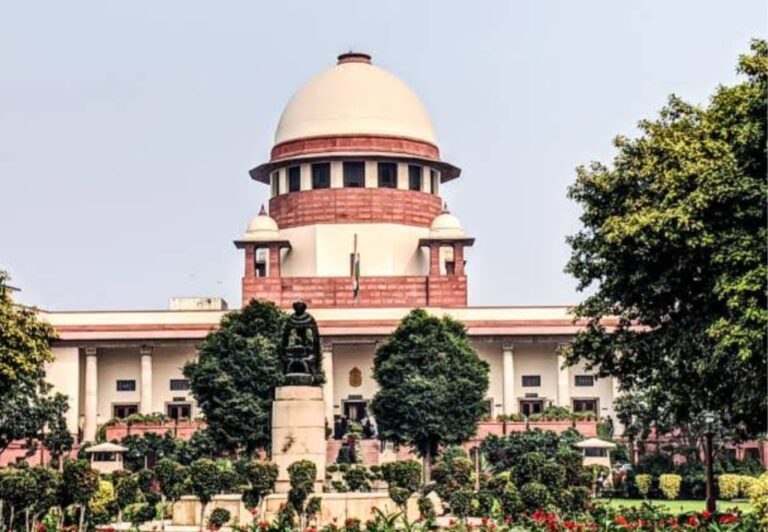The decision of the Supreme Court in this case is likely to have a significant impact on how tax authorities enforce the CGST Act and whether cash can be legally seized in future investigations.
In light of differing opinions from the Delhi High Court and Madhya Pradesh High Court, the Supreme Court is set to deliberate on the issue of whether “cash” can be seized under Section 67 of the Central Goods and Services Tax (CGST) Act, 2017. The matter has gained attention as a bench comprising Justices PS Narasimha and Sandeep Mehta recently issued a notice concerning a petition filed by tax authorities, challenging a Delhi High Court ruling.
Case Background
The case originated from a search operation conducted by tax authorities at the residential premises of the respondents, under Section 67 of the CGST Act. During the search, the authorities discovered cash totalling ₹1.15 crore, which the respondents could not satisfactorily explain. The cash was subsequently seized by the authorities. Despite requests from the respondents to release the seized amount, their pleas went unanswered, prompting them to approach the High Court.
Delhi High Court Ruling
The respondents contended that the tax authorities lacked the legal authority to seize cash under Section 67 of the CGST Act, 2017. They argued that cash does not fall within the purview of goods, documents, books, or “things” as specified in the section. Relying on previous decisions—Deepak Khandelwal Proprietor M/s Shri Shyam Metal v. Commissioner of CGST, Delhi West & Anr. and Rajeev Chhatwal v. Commissioner of Goods and Services Tax (East)—the Delhi High Court agreed with the respondents and directed the authorities to refund the seized cash.
Petition to the Supreme Court
Challenging the Delhi High Court’s decision, the petitioner-authorities approached the Supreme Court, pointing out conflicting judgments on the matter. While the Delhi High Court ruled that cash cannot be seized under Section 67, the Madhya Pradesh High Court held an opposing view, stating that cash can indeed be subject to seizure.
Given this divergence in judicial interpretation, the Supreme Court has agreed to hear the case and issued notice to the respondents. The apex court will now determine whether cash falls under the category of goods, documents, or “things” that can be seized during searches under the CGST Act.
Legal Context
Section 67 of the CGST Act empowers tax authorities to search and seize goods, documents, books, or “things” relevant to ongoing investigations. However, the interpretation of the term “things” and whether it includes cash remains a contentious issue, with courts offering varying perspectives.
The outcome of this case is likely to have a significant impact on how tax authorities enforce the CGST Act and whether cash can be legally seized in future investigations.
Case Title: Commissioner of CGST Delhi West & Ors. v. Gunjan Bindal & Anr., Diary No. 44061/2024
READ MORE
Additional FAQs on Invoice Management System (IMS) : GSTN Advisory 536 Dated 17.10.24
